Allies of Palestinians see a friend in Obama "I am confident that Barack Obama is more sympathetic to the position of ending the occupation than either of the other candidates," said Hussein Ibish, a senior fellow for the American Task Force on Palestine, referring to the Israeli presence in the West Bank and Gaza Strip that began after the 1967 war. More than his rivals for the White House, Ibish said, Obama sees a "moral imperative" in resolving the conflict and is most likely to apply pressure to both sides to make concessions.
CHICAGO -- It was a celebration of Palestinian culture -- a night of music, dancing and a dash of politics. Local Arab Americans were bidding farewell to Rashid Khalidi, an internationally known scholar, critic of Israel and advocate for Palestinian rights, who was leaving town for a job in New York.
A special tribute came from Khalidi's friend and frequent dinner companion, the young state Sen. Barack Obama. Speaking to the crowd, Obama reminisced about meals prepared by Khalidi's wife, Mona, and conversations that had challenged his thinking.
His many talks with the Khalidis, Obama said, had been "consistent reminders to me of my own blind spots and my own biases. . . . It's for that reason that I'm hoping that, for many years to come, we continue that conversation -- a conversation that is necessary not just around Mona and Rashid's dinner table," but around "this entire world."
Today, five years later, Obama is a U.S. senator from Illinois who expresses a firmly pro-Israel view of Middle East politics, pleasing many of the Jewish leaders and advocates for Israel whom he is courting in his presidential campaign. The dinner conversations he had envisioned with his Palestinian American friend have ended. He and Khalidi have seen each other only fleetingly in recent years.
And yet the warm embrace Obama gave to Khalidi, and words like those at the professor's going-away party, have left some Palestinian American leaders believing that Obama is more receptive to their viewpoint than he is willing to say.
(another nice quote)

Who should tell Barry that "palestinian" is not a nationality but a regional description?
Where I think hasbara may have failed is tying the idea that supporting a non-people and a non-nation in its attempt to re-write history and steal a real people and real nation's land and culture away makes one an accomplice to the lie. I know it is old hat now to make this argument and one for which so many in the kooky left just waive off as old fashioned. But really? Why is the question not even asked? There must be wide acceptance of the leftie idea that there is a "palestinian" people because after all what matters is what one hears and sees now. If hasbara were effective, it would be easy to say, "hey look, this Obama character is out there talking about this palestine fantasy as if it were real. What's he up to?"
But today's left has a dogma which calls upon its adherents to find the so-called underdogs, oppressed, and exploited (or those who make the case that they are) and to use these causes as raison d etre de'jour in an effort to garner favor to "the state" and break apart the opponents to "big state" policies in the form of what is called in politics "cracking" (turn their interests against them). Of course, if the oppressed are oppressed by a leftist entity or communist entity, the left isn't that interested and suggesting that these groups need help too just leads to another self-serving and self-righteous waive off of denied credibility. All this means, use the pali argument as a way to reduce the influence and impact of free thinking and further the effort to empower big government. Who cares who pays the price? Why these people deserve a land! They have been oppressed you know by those Jews.
The left's approach and one where Israel has clearly paid a price as a result is the assumption that identity is what you say you are. History and evidence become irrelevant. Consider this logic. I was born in the US. As a Jew I feel obligated to frame a discussion about my ancestry in these terms, "my family made long term stop overs in Russia, Poland, Belarus and other countries prior to arriving in the US." While I am proudly American by birth and staunchly grand old flag egoistic, I also realize that by destiny, after where ever else fate takes me or my descendants (sooner or later), the final destination is back to the future, to where my ancestry began. Not Russia not Belarus or Poland, go back further. Jews came from Judea and that land under Judean authority, hence the name association, (yehud/yehuda). In a Jewish religious context, the name Israel, (yisroel or yisroelim) is also one implying unity of people to land.
What are "palestinians"? By definition, that is, a classical definition(since palestinians like to claim they are an ancient people certainly they would want to use a classical source vis a vis.. a modern source right?) palestinian refers to of or related to the area of palestine, not to a particular people or nationality. Where did the name Palestine come from?. The name originating with the Romans did not for refer to any particular people at any time until the 20th century and was out of existence during the Ottoman years, only to be resurrected by the British after WW I.
By most accounts, Arabian entry into the land they wish to call "palestine" did not occur until the mid 600s. According to What is the Arab history in Palestine? in 1099 the Christian Crusaders conquered Jerusalem but held out less than 100 years. The area of "palestine" (AKA Israel) became part of the Syrian district and a vassal state to an Egyptian empire and finally to the Turks which brings us back to the 20th century.
So what is a presidential candidate to do? Does he buy into the big lie for convenience and use his prose to play both sides of the fence or should he acknowledge history? The question isn't limited to Barry H. American policy slide from Reagan to Bush II has lead the world into believing that "peace" is attainable when the ancient palis have been "restored" to an independence in a land which was never independently their own. Two nations, living side by side in peace and tranquility, is what Bush has banked American foreign policy upon, notoriously grabbing the mantle as the first American president to call for the creation of an independant "palestine".
As the LA Times article points out, Barry excites the pali advocates. In yet another chapter in the theory, "Reading Obama by his Associates", the LA Times article describes Barry's affiliation with pali activists Ali Abunimah, Edward Said, (discredited as a liar) and Rashid Khalidi not to mention antiJews Al Sharpton and his Rev. Jeremiah Wright (not discussed in the article).
Like the lacking argument that a twenty year affiliation with a reverend and church with very racist and antiJew opinions doesn't affect or reflect one's opinions, Barry's favorable opinions of and friendships with anti-Israel activists not affecting his "pro-Israel" stance is equally unbelievable. Barry, one may predict, will take the easy road.
more history of Israel and arabians can be found here




















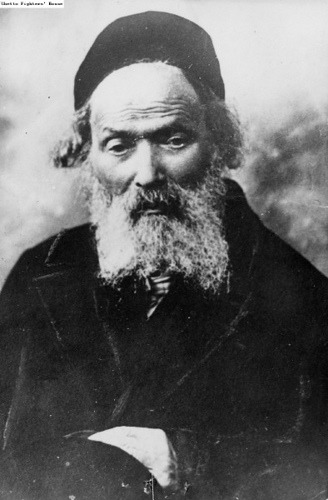
















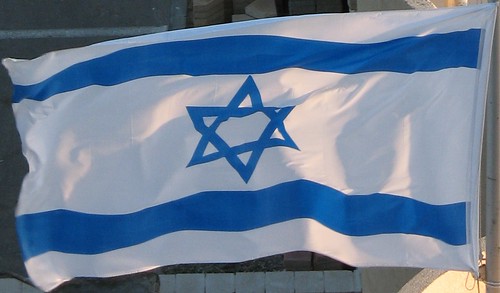
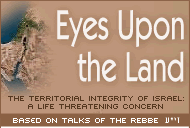

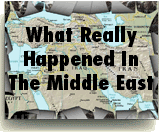








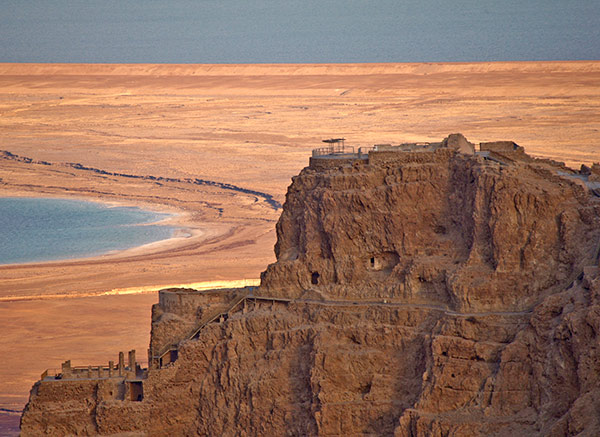






0 comments:
Post a Comment